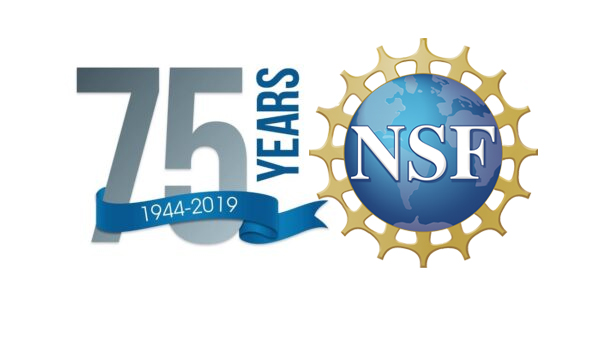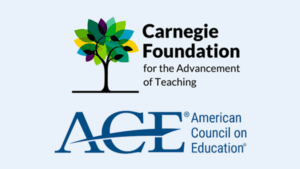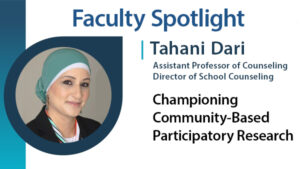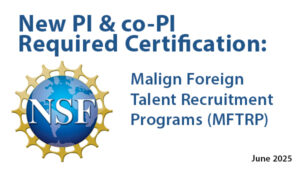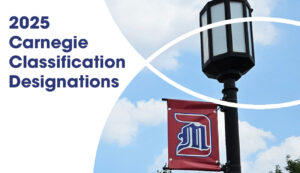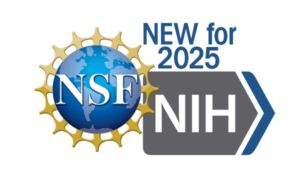On May 10, 2025, the National Science Foundation (NSF) celebrates 75 years of spurring discovery and innovation across all fields of science and engineering. To commemorate this milestone, a number of events and activities across the U.S. will showcase NSF-supported programs and how the agency has contributed to the nation’s prosperity and intellectual prowess. NSF is touching lives in communities, including our own. Sign up and visit the NSF resource page often for updates and invitations to join events online and in-person:
Also noteworthy are changes to the Proposal & Award Policies & Procedures Guide (PAPPG), the definitive source for information about NSF’s proposal and award process. The latest version of the PAPPG applies to all proposals or applications submitted after May 20, 2024. Key amendments that Detroit Mercy faculty need to be aware of are outlined below.
1. Chapter II.D.2.h(i), Biographical Sketch(es): The updated guidance serves as NSF’s implementation of the biographical sketch common form developed by the National Science and Technology Council’s Research Security Subcommittee. This section has been revised to remove the 3-page limitation for the biosketch. There is no page limitation for this section of the proposal.
The Synergistic Activities section has been removed from the biographical sketch. This information must now be submitted by individuals designated as senior/key persons as part of the senior/key personnel documents in Research.gov. NSF has partnered with the National Institutes of Health (NIH) to use SciENcv: Science Experts Network Curriculum Vitae as the NSF-approved format for preparing the biographical sketch section of an NSF proposal. Adopting a single, common researcher profile system for federal grants means faculty only need to create one version of their biosketch.
2. Chapter II.D.2.h(ii), Current and Pending (Other) Support: The updated guidance serves as NSF’s implementation of the current and pending (other) support common form developed by the National Science and Technology Council’s Research Security Subcommittee.
3. Chapter II.D.2.i(i), Mentoring Plan: This has been expanded to address the revision to Section 7008(a) of the America COMPETES Act of 2022 (42 U.S.C. § 1862o(a)), which requires a mentoring plan for postdoctoral researchers or graduate students supported on the project. The one-page limitation for the Mentoring Plan remains.
If you are interested in receiving funding from NSF, an excellent first step is to acquaint yourself with their strategic plan. It can be instrumental in understanding the agency’s approach, priorities, and nomenclature. Download a PDF version of the document.

